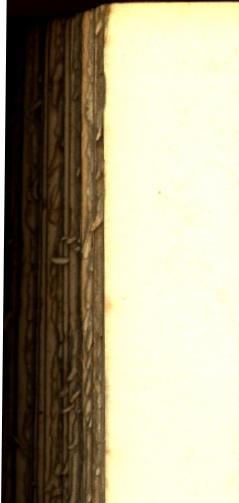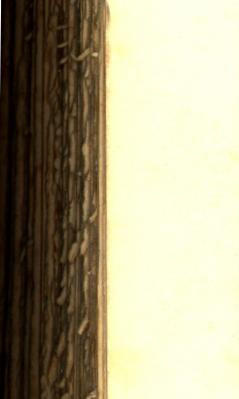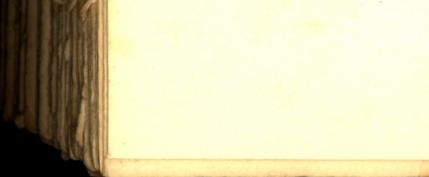338 DOGS AND ALL ABOUT THEM.
necessary for the persons claiming damages to show a previous mischievous propensity in the dog or the owner's knowledge of such previous propensity or to show that the injury was attributable to neglect on the part of the owner ; the word " cattle " includes horses, asses, sheep, goats, and swine.
The Law looks upon fighting between dogs as a natural and necessary incident in the career of every member of the canine race, and gives no redress to the owner of the vanquished animal, provided the fight was a fair one, and the contestants appear to consider it so. The owner, however, of a peaceably disposed dog which is attacked and injured, or killed, by one savage and unrestrained, has a right of action against the owner of the latter. The owner of the peaceably disposed animal may justifiably kill the savage brute in order to save his dog, but he must run the risk of being able to prove that this was the only means of putting a stop to the fight.
LICENCES
Every dog owner must annually take out a licence for each dog he keeps. The licence, which is obtainable at all postoffices at the cost of 7s. 6d., is dated to run from the hour it is taken out until the following 31st December. The person in whose custody or upon whose premises the dog is found will be deemed its owner until proved otherwise.
The owners of certain dogs for certain purposes are, however, exempted from taking out licences, viz. : (1) Dogs under the age of six months ; (2) hounds under twelve months old neither used nor hunted with the pack, provided that the Master has taken out proper licences for all hounds entered in the pack ; (3) one dog kept and used by a blind person solely for his or her guidance ; (4) dogs kept and used solely for the purpose of tending sheep or cattle or in the exercise of the occupation or calling of a shepherd.
MUZZLING REGULATIONS
Under the Contagious Diseases (Animals) Acts, 1878-1894, local authorities (i.e., county, borough, or district councils)
THE DOG AND THE LAW 339
were empowered to issue orders regulating the muzzling of dogs in public places and the keeping of dogs under control (otherwise than by muzzling). Offenders under these Acts are liable to a fine not exceeding X20.
The Statute 57 and 58 Vict., c. 57, gives the Board of Agriculture power to make orders for muzzling dogs, keeping them under control, and the detention and disposal of stray dogs ; and section 2 of the Dogs Act, 19o6 (known by some as the Curfew Bell Act), says that the Diseases of Animals Act, 1894, shall have effect
(a) For prescribing and regulating the wearing by dogs while in a highway or in a place of public resort of a collar with the name and address of the owner inscribed on the collar or on a plate or badge attached thereto
(b) With a view to the prevention of worrying of cattle for preventing dogs or any class of dogs from straying during all or any of the hours between sunset and sunrise.
STRAY DOGS
The Dogs Act, 19o6, has some important sections dealing with seizure of stray dogs, and enacts that where a police officer has reason to believe that any dog found in a highway or place of public resort is a stray dog, he may seize and retain it until the owner has claimed it and paid all expenses incurred by reason of its detention. If the dog so seized wears a collar on which is the address of any person, or if the owner of the dog is known, then the chief officer of police or some person authorised by him in that behalf shall serve on either such person a notice in writing stating that the dog has been seized, and will be sold or destroyed if not claimed within seven clear days of the service of the notice.
Failing the owner putting in an appearance and paying all expenses of detention within the seven clear days, then the chief officer of police or any person authorised by him may cause the dog to be sold, or destroyed in a manner to cause as



